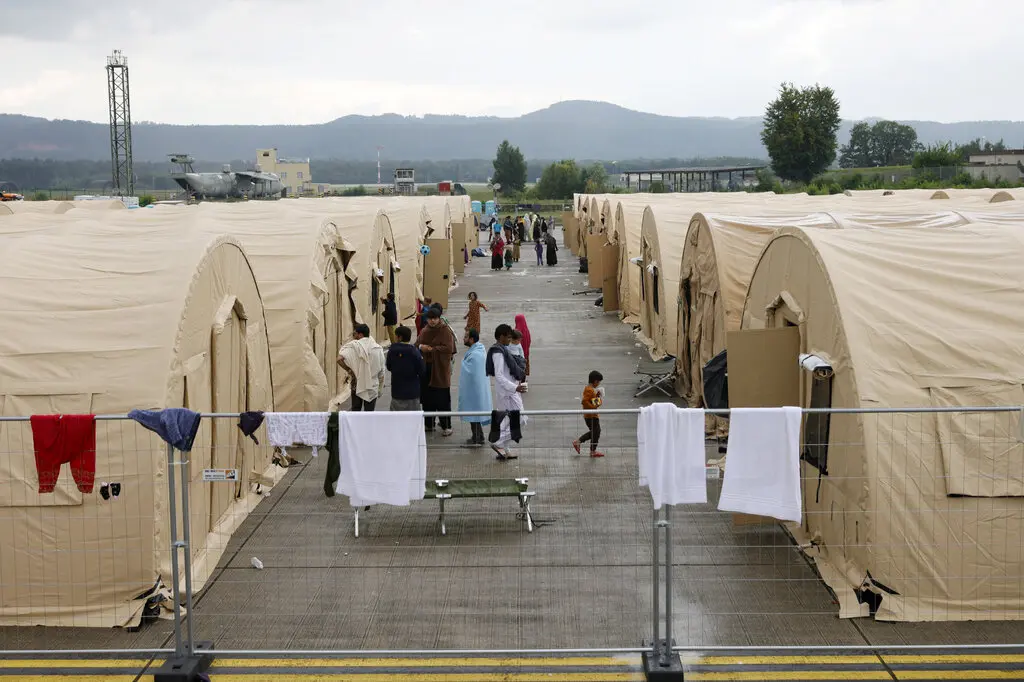A U.S. federal judge has stopped the Trump administration from shutting down several programs that protect migrants who legally entered the country under President Biden. The ruling means that hundreds of thousands of people from countries like Ukraine, Afghanistan, Haiti, Cuba, and Venezuela can keep renewing their legal status in the United States for now.
Judge Indira Talwani of the Federal District Court in Massachusetts made this decision on Wednesday. She ruled that the government must continue processing applications for migrants trying to extend their stay through Biden-era humanitarian programs. The judge described the Trump administration’s plan to end these programs as likely unlawful and harmful to both migrants and the wider public.
The decision was praised by immigrant rights groups, who had taken the Trump administration to court. They argued that removing legal status from these migrants—many of whom are working, studying, or have families in the U.S.—would cause unnecessary chaos and suffering. Judge Talwani agreed and noted that forcing people out of status could make them unable to work or support their families.
Earlier in April, the same judge issued a similar ruling for migrants from Cuba, Haiti, Nicaragua, and Venezuela. That case is currently being challenged in the Supreme Court, as the government seeks to overturn her order.
Judge Talwani also highlighted how unfair the change would be for migrants who are serving in the U.S. military. Some of them had even joined the military to help their family members gain legal status. The judge emphasized that family separation in such cases is not in the public interest.
This latest ruling protects many groups, including Afghans who worked with the U.S. military during the 20-year war, Ukrainians who fled after Russia invaded in 2022, and migrants in family reunification programs from Central and South America. These individuals already received humanitarian parole and are now trying to extend their stay or move into another legal category.
However, the order only covers people still living in the U.S. It does not help migrants who left the country voluntarily and are now abroad. The challenge came after Trump’s executive order on January 20, which called for the cancellation of all Biden-era parole programs. That order is part of Trump’s larger plan to expand deportations if he returns to office.
Even though the ruling may face future legal battles, migrant advocates celebrated it as a victory. Guerline Jozef, head of the Haitian Bridge Alliance and one of the plaintiffs in the case, said the result shows the power of unity and resilience. She added that no matter where migrants come from—Ukraine, Haiti, Afghanistan, or elsewhere—they deserve to live and work in peace with their families.

